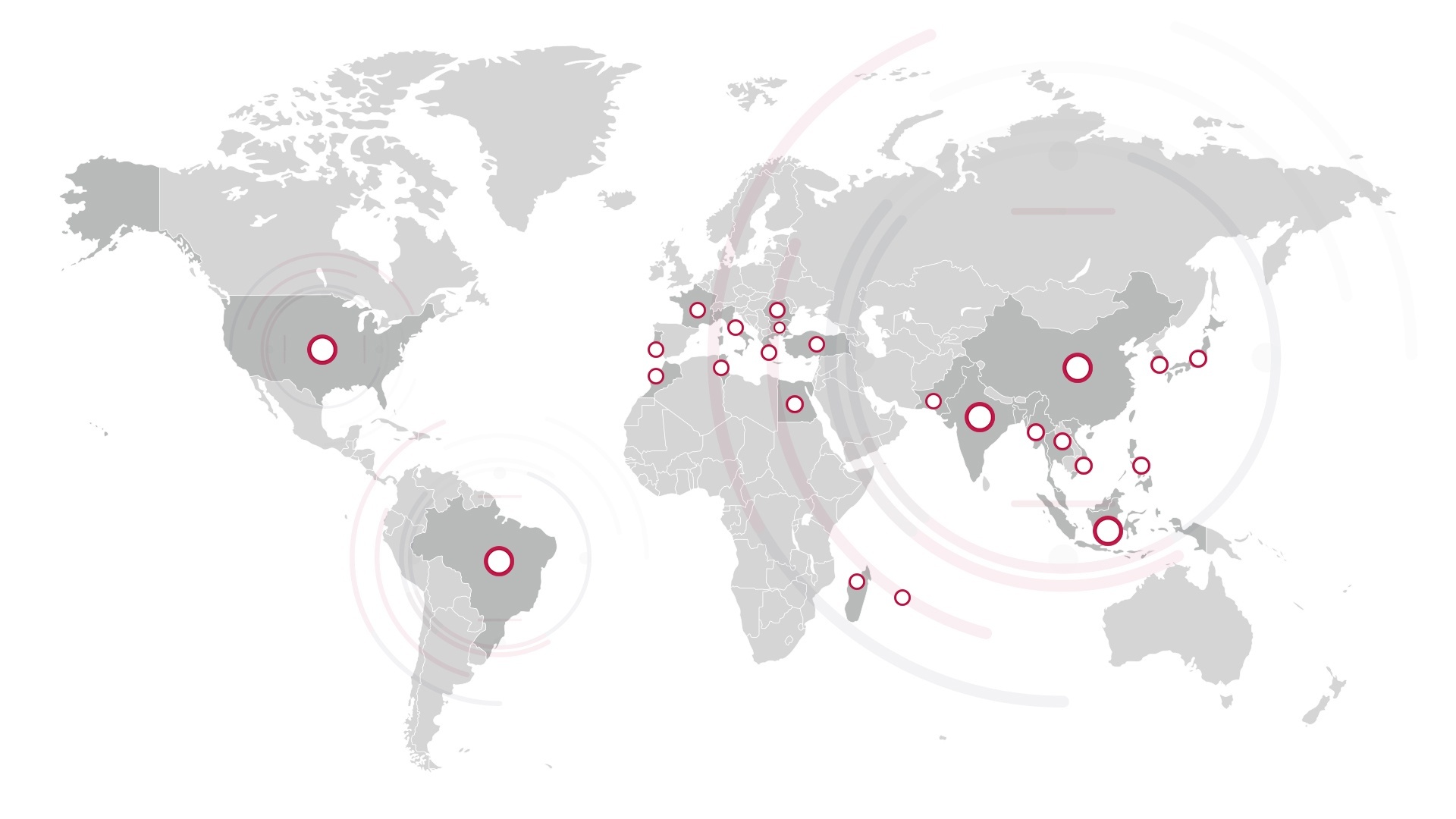As eco-conscious consumerism continues to rise, sustainability has become a powerful marketing tool for brands and retailers. However, the process can backfire and actually damage brand reputation if your brand cannot prove its sustainability statements, or worse still, is accused of misleading customers with false claims. On the flip side, companies that successfully promote their sustainable products can typically enjoy more sales, increased brand loyalty, improved consumer relationships, and reduced production costs.
Sustainability marketing phrases range from the overly broad—e.g. eco-friendly, carbon-neutral, and green—to the undefined, such as natural, energy-efficient, non-toxic, low carbon, pollutant-free, clean, zero emissions, sustainable, ethical, and fair. With green consumers becoming more savvy and informed, brands who cannot substantiate such statements risk making inaccurate claims, emphasizing unrelated issues at the expense of a more troubling one, or being accused of greenwashing (providing false information about a brand’s sustainability efforts). Many brands are also spending more time and money claiming to be green rather than implementing practices that genuinely reduce their environmental impact.
What are the risks that we are facing here?
The primary risk we’re facing here is greenwashing. Many brands are spending more time and money claiming to be green rather than implementing practices that genuinely reduce their environmental impact.
The five sins of greenwashing
1: Fibbing
Environmental claims that are blatantly false. For example, saying that a diesel car emits zero carbon dioxide into the air.
2: Vagueness
Environmental claims that lack specifics and are deemed meaningless. For example, the term “all-natural” isn’t necessarily “green”—mercury, uranium, and arsenic, to name a few, are naturally occurring.
3: Lesser of two evils
Environmental claims on products that have no environmental benefits to begin with. For example, saying that cigarettes are organic.
4: Irrelevance
Unrelated environmental issues are emphasized. For example, saying a phone is “CFC-free” when CFCs are already banned by law.
5: The hidden trade-off
Environmental issues that are emphasized at the expense of another potentially more concerning issue. For example, the harvesting of paper is not necessarily environmentally friendly because it came from a sustainably-harvested forest.
Several regulations also place brands with inaccurate green claims in danger of breaking the law in certain jurisdictions, such as the European guidance/regulations on green claims, ISO Environmental Labelling that covers types of labeling and declarations, regulations that affect rPET content and related claims, and more.
Are your sustainability claims accurate?
Proving the accuracy of your green claims is the only way to help consumers make an informed decision about your brand in a marketplace swamped with sustainability buzzwords and eco-labeling. Working with a reputable third party to scientifically verify your claims is a key step in nurturing meaningful connections with consumers and staying ahead of the competition.
At SgT, we use our extensive textile industry experience and expertise to help brands and retailers authenticate their sustainability claims and foster consumer trust—often hailed as the most vital contributor to brand survival.
What are the best steps to follow?
The most effective way to prove a sustainability claim depends on the claim itself. Sometimes, our experts will evaluate the product claim first and then complete a calculation using mathematical models, with or without onsite assessments. Desktop verification may suffice in some cases, while other times may necessitate an onsite evaluation or scientific testing if additional proof is required. Therefore, the range of solutions is both broad and bespoke. The most productive method to effectively verify your brand’s green claims would be to involve a third party such as SgT, who understands the relevant components such as standards, metrics, and Life Cycle Assessments (LCAs).
As one of many innovations, we recently pioneered a scientific method that verifies and quantifies recycled polyester (rPET) in products. This helps brands and retailers acquire scientific proof of the rPET content in their products so they can make accurate claims about what they bring to the market. You can learn more about this solution here.
While the global sustainability movement is great news for the planet, it’s also beneficial for businesses that successfully create sustainability strategies that attract and retain customers through genuine, verifiable claims. This can begin with small steps that progressively lead to a larger and more global approach.
Want to learn more about SgT’s sustainability programs and how we can tailor them to your brand’s needs?



